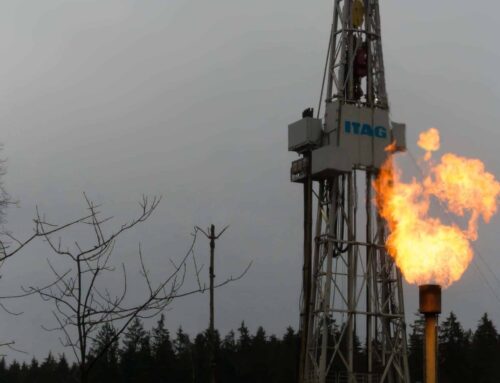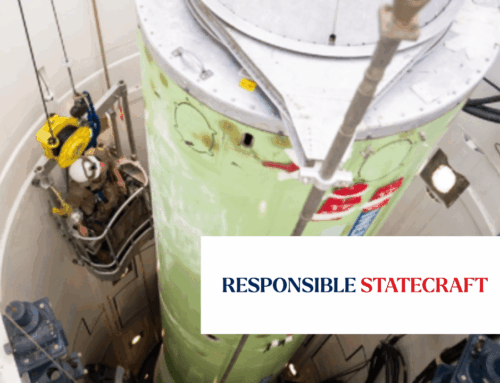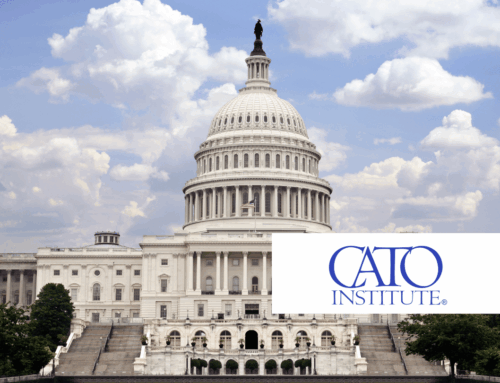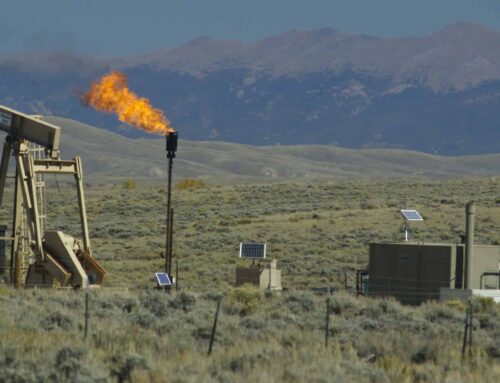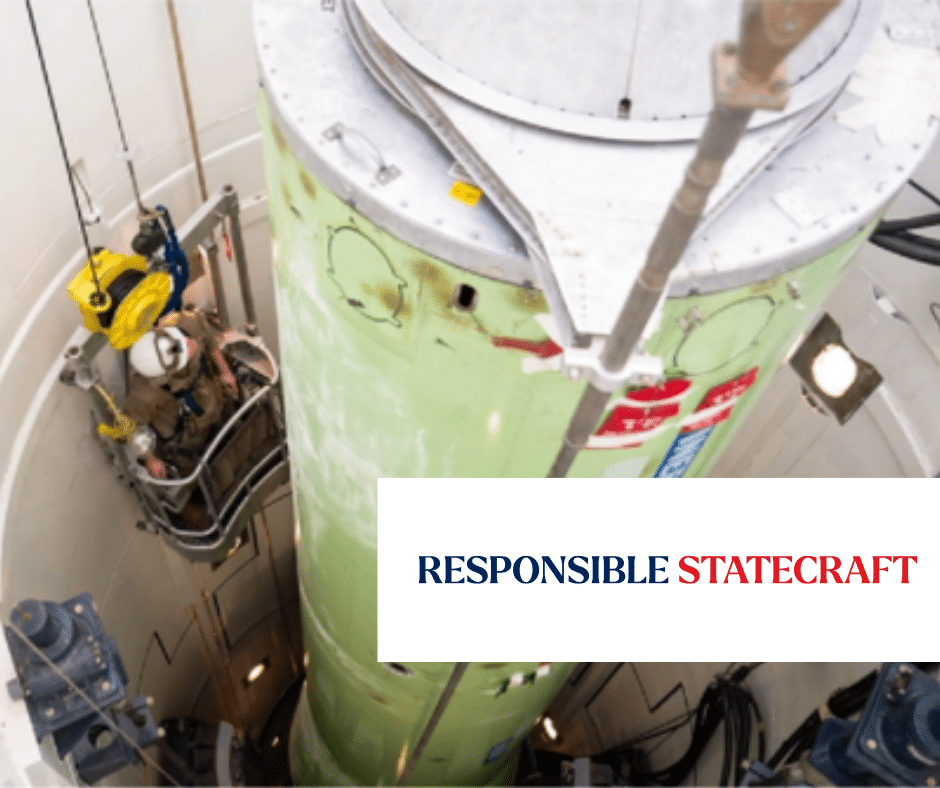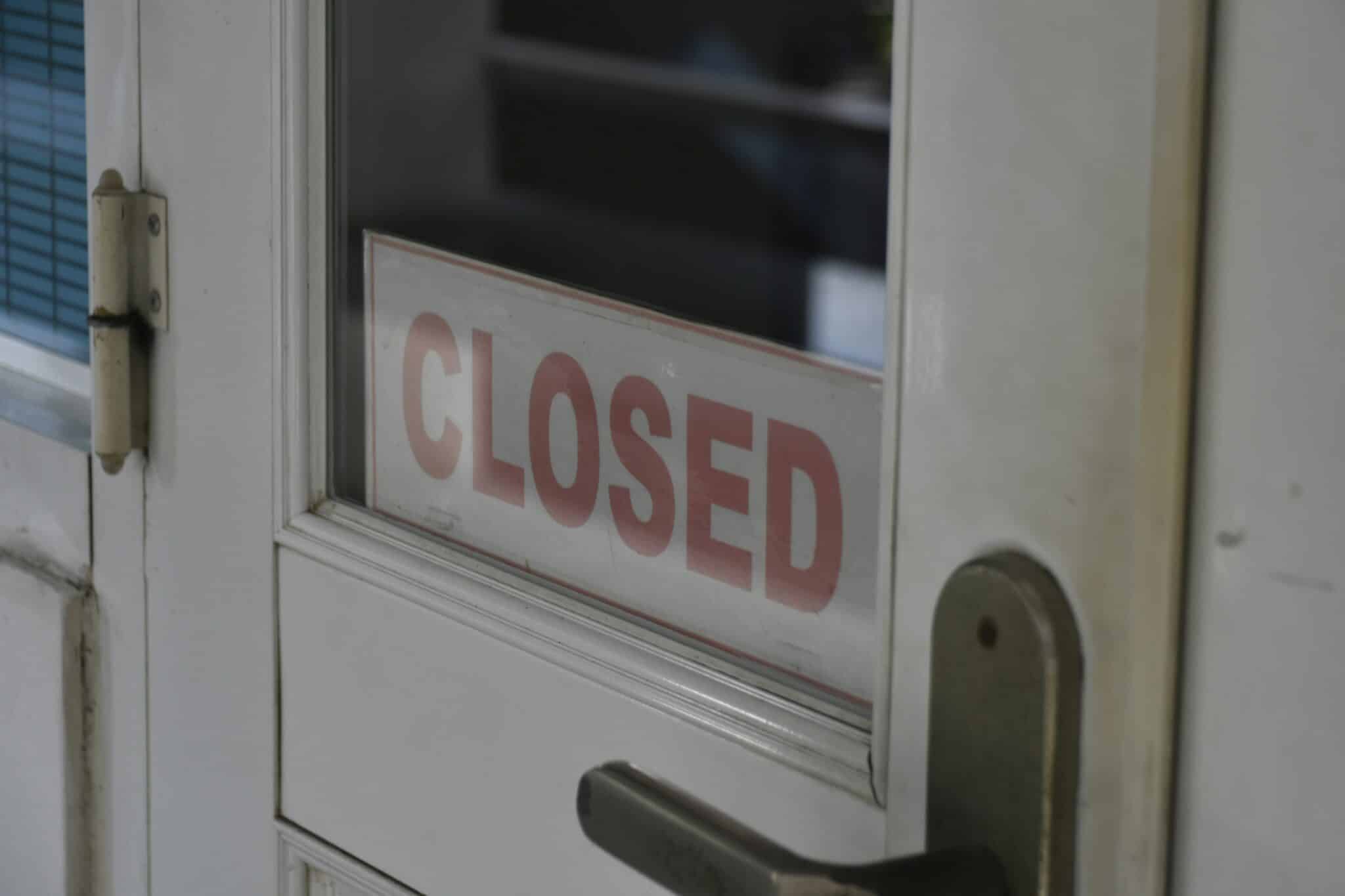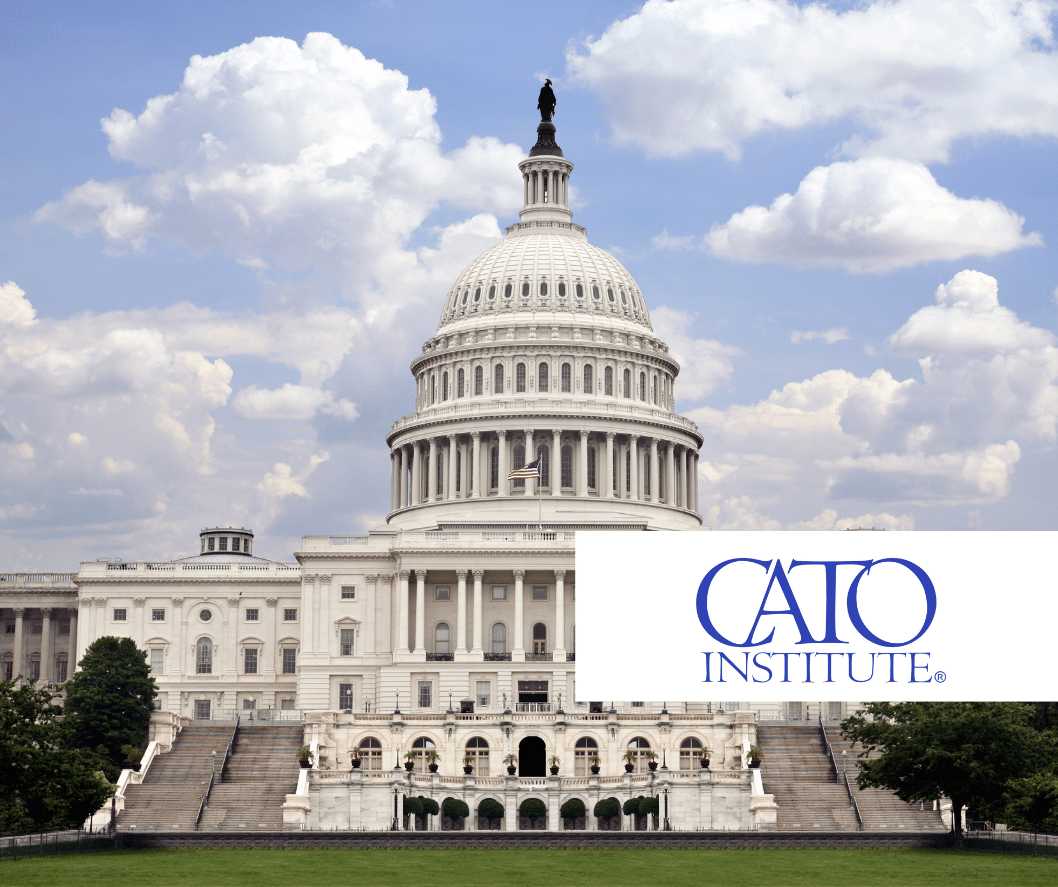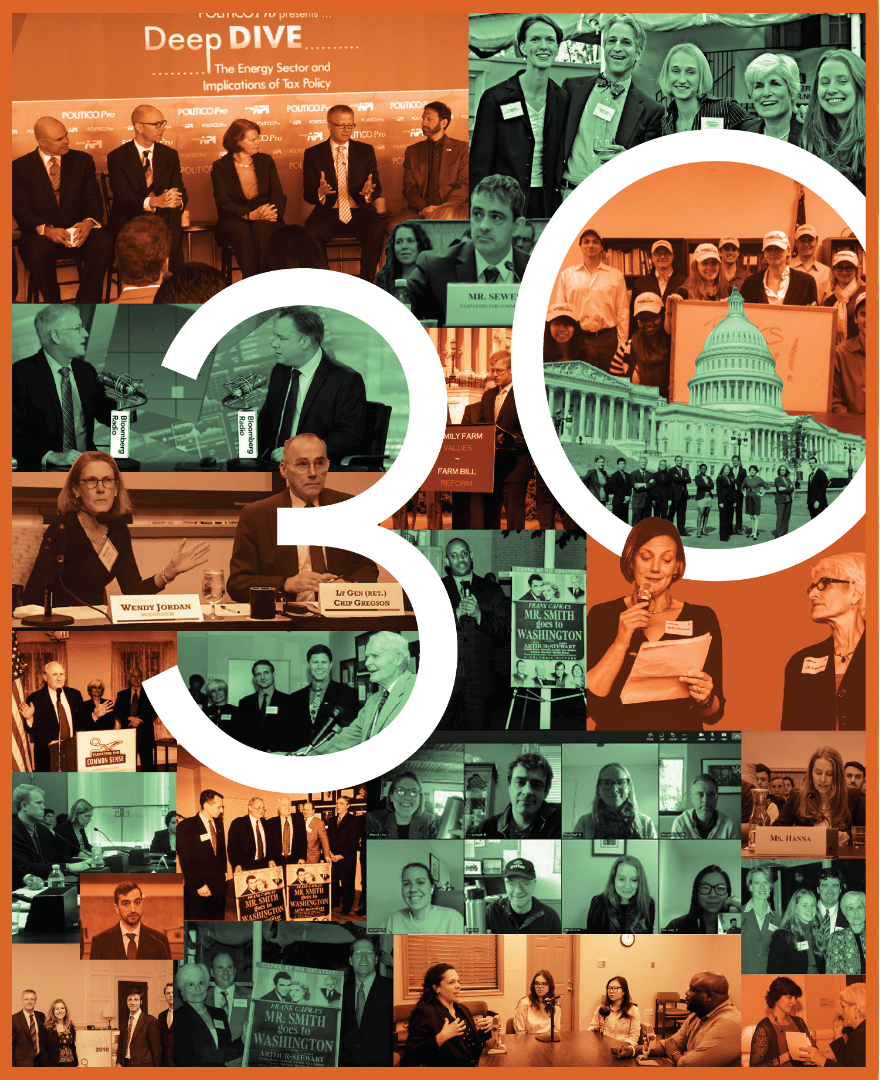WASHINGTON – For decades Congress has resisted calls for overhauling the nation’s program of leasing public land for oil and gas drilling, even as royalty rates remain unchanged from when they were established more than a century ago.
Now President Joe Biden is taking another shot at reforming the program, calling for a more measured approach to oil and gas drilling in light of climate change, while also looking to raise government revenues. But he’s likely to have his work cut out for him, asking moderates within his party to go up against an oil and gas industry that has fiercely resisted efforts to change the federal leasing program for decades.
“There’s no doubt the oil and gas industry is a powerful lobby, and they have a vested interest in maintaining the status quo,” said Autumn Hanna, vice president at Taxpayers for Common Sense, a nonprofit campaigning for reform of the leasing program. “They’re up there talking to lawmakers all the time and spending millions of dollars to keep these subsidies going for them.”
The effort by the Biden administration puts a target on Texas oil and gas companies that have long operated on federal territory across Colorado, New Mexico and other western states, with federal lands and waters representing 20 percent of U.S. oil and gas production.
Last week the Department of Interior released a much-anticipated report that found the nation’s onshore oil and gas leasing program woefully inadequate, with oil companies given too much opportunity to block public lands from being set aside for conservation and other uses.
Royalty rates also remain far below those set by oil and gas producing states, the report found. For instance, the royalty rate on state lands in Texas is 20 to 25 percent, almost double the federal rate.
The report drew a swift denunciation from the American Petroleum Institute, the industry’s largest trade organization in Washington, who accused Biden of risking a further spike in American energy prices.
“Days after a public speech in which the White House said the president ‘is using every tool available to him to work to lower prices and address the lack of supply’, his Interior Department proposed to increase costs on American energy development with no clear roadmap for the future of federal leasing,” Frank Macchiarola, a senior vice president at API, said in a statement.
Since the late 1980s, the non-partisan Government Accountability Office has repeatedly cited Interior’s oil and gas leasing program for instances of waste and abuse, at one time saying the Bureau of Land Management was not “exercising balanced stewardship over the public land.”
But whenever legislation was written to overhaul the federal leasing program, it inevitably met resistance from Republican lawmakers, who argued that lower royalty rates were necessary to attract oil and gas companies skittish about dealing with the increased regulation that comes with drilling on federal lands.
During a 2019 hearing in the House Natural Resources Committee, Republican leadership denounced a bipartisan bill raising the royalty rate for onshore leasing from 12.5 percent to 18.75 percent as an attack on the U.S. oil industry.
“This is not an eff ort to return more revenue to taxpayers. It is an eff ort to stifle “responsible domestic production, right out of the “keep it in the ground” playbook,” said Rep. Paul Gosar, R-Ariz., then ranking member on the Natural Resource Committee.
Government analysts maintain raising royalty rates would have little effect on production – the costs are small when compared to the impact of fluctuations in oil and natural gas prices.
But that does little to assuage lawmakers reluctant to do anything that might harm an industry that by some measures employs almost 10 million Americans.
The question hanging over Capitol Hill now is whether Biden can convince his Democratic colleagues, which control both houses of Congress, to pass reforms without Republican support.
Last year, the oil and gas sector contributed almost $140 million to federal campaigns, with more than 80 percent of that money going to Republicans, according to the nonprofit Center for Responsive Politics.
At the center of the debate is Sen. Joe Manchin, D-W.V., who along with Sen. Kyrsten Sinema, D-Ariz., has emerged as a critical swing vote in the closely divided Senate. And while in past years Manchin has expressed general openness to reforming federal oil and gas leasing, he has yet to publicly weigh in on the report from Interior.
“These reforms reside in his committee (Senate Energy and Natural Resources). It will be good to see his reaction,” said Justin Meuse, a senior government relations representative at The Wilderness Society, which advocates for conservation of public lands. “It’s no secret (Machin) has been asking the administration for that report.”
Manchin’s office did not respond to a request for comment.

